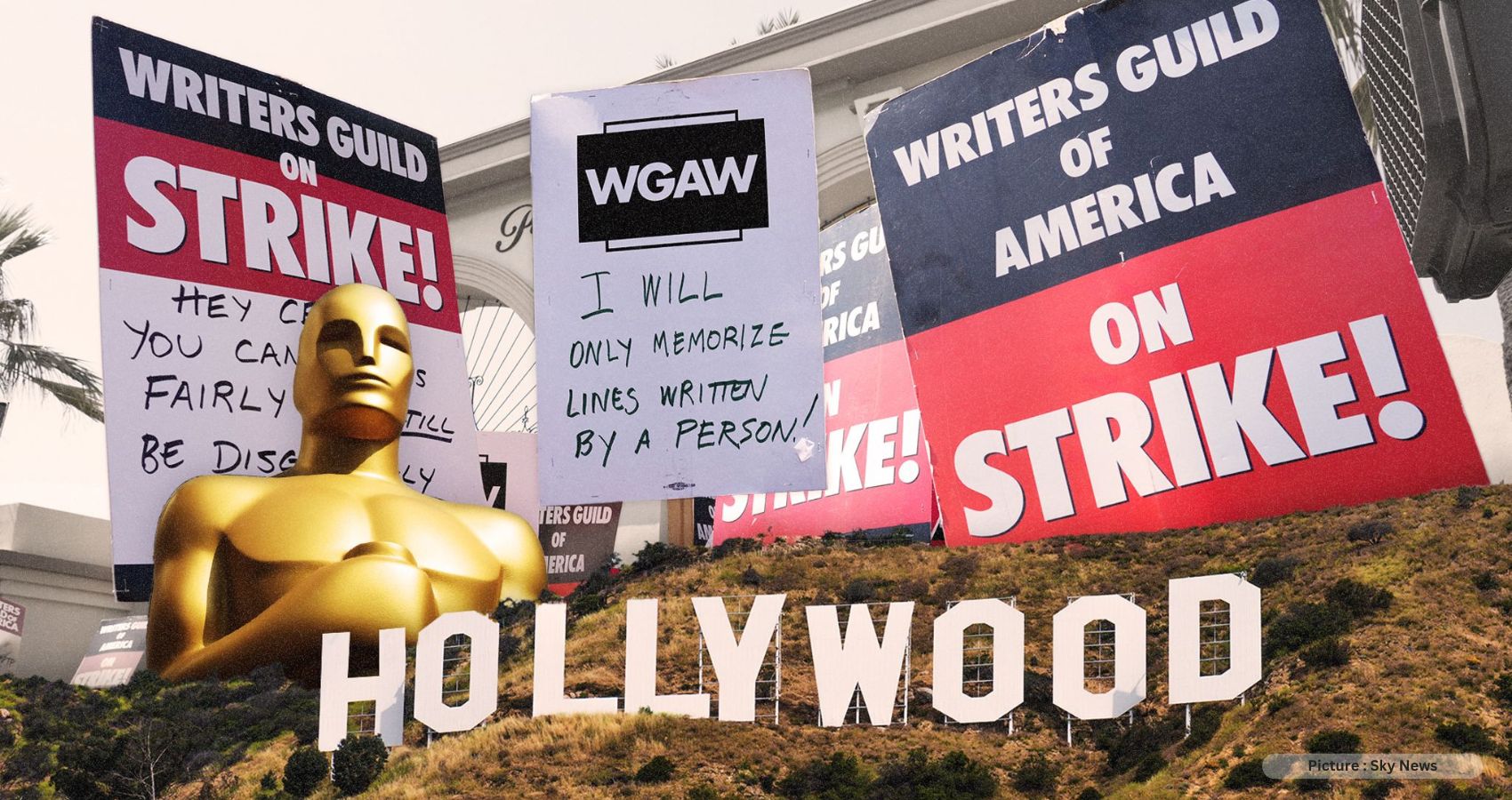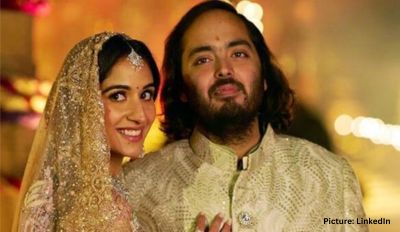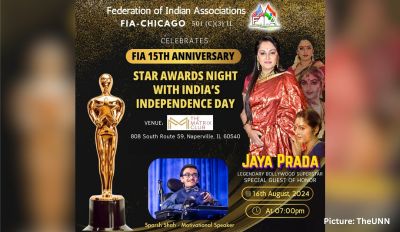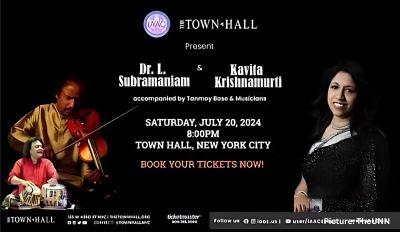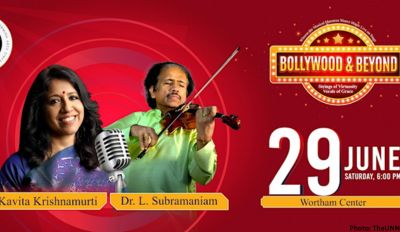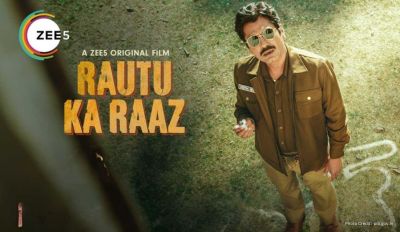The contracts between the Alliance of Motion Picture and Television Producers (AMPTP) and the Screen Actors Guild-American Federation of Television and Radio Artists (SAG-AFTRA) expired, indicating that no agreement had been reached between the two organizations. The negotiating committee of SAG-AFTRA voted unanimously to suggest a strike to the organization’s national board, which then announced a strike on Thursday afternoon.
On June 5, almost 65,000 of the roughly 160,000 individuals that make up List AFTRA supported a hit approval with a 97.91% “yes” vote. Actors, dancers, DJs, puppeteers, recording artists, singers, stunt performers, voiceover artists, and other professionals in the media are all members of the union.
SAG-AFTRA and the AMPTP—Amazon/MGM, Apple, NBCUniversal, Disney/ABC/Fox, Netflix, Paramount/CBS, Sony, and Warner Brothers—engaged in contract negotiations two days later. On June 30, the agreements between the two were expanded, lapsing at 12 PM on Wednesday.
“There has been a sea change in the entertainment industry, from the proliferation of streaming platforms to the recent explosion of generative AI, and at stake is the ability of our members to make a living,” Duncan Crabtree-Ireland, the SAG-AFTRA National Executive Director and Chief Negotiator, said in a letter about the strike authorization referendum. “We must ensure that new developments in the entertainment industry are not used to devalue or disrespect the performers who bring productions to life.”
On Tuesday, Droop AFTRA consented to AMPTP’s somewhat late solicitation for government intervention, which would get an impartial outsider to help pursue a split the difference. However, SAG-AFTRA made it clear that the negotiations would not be extended a second time.
“We won’t be occupied from haggling in that frame of mind to get a fair and simply bargain by the termination of our understanding,” the organization said in a public statement. ” We are focused on the arranging system and will investigate and debilitate each conceivable chance to make an arrangement, but we are not certain that the businesses have any goal of bartering toward an understanding.”
Among Droop AFTRA’s requests are expanded least compensation rates, expanded streaming residuals (neither of which have stayed aware of expansion), and worked on working circumstances. Eminence installments, which are dependent upon the quantity of a show’s reruns, are at this point not solid. Streaming, which has moved to more limited seasons over longer timeframes, has made less work accessible to entertainers. Additionally, union members demand assurances from studios and production companies regarding the precise manner in which artificial intelligence will be utilized. They want to safeguard their identities and ensure that they are compensated fairly in the event that any of their labor is utilized to train AI.
On June 27, a larger number of than 300 entertainers — including Meryl Streep, Quinta Brunson, and Jennifer Lawrence — marked a letter to the Hang AFTRA Initiative and Arranging Panel expressing that “Droop AFTRA individuals might be prepared to make forfeits that initiative isn’t.”
“We trust you’ve heard the message from us: This is an uncommon expression point in our industry, and what may be viewed as a reasonable setup in some other years is basically sufficiently not,” the letter peruses. ” We believe that the power of our union, our wages, our craft, and our creative freedom have all been diminished over the past decade. We really want to invert those directions.”
“I am shocked by the way the people that we have been in business with are treating us,” Fran Drescher said in a passionate speech on Thursday afternoon when she announced the strike against AMPTP.
At the union’s press conference on Thursday afternoon to announce the strike, Drescher, president of SAG-AFTRA, discussed the impact that AI and streaming have had on the business model of the industry.
“This is a snapshot of history and is a decision time. On the off potential for success that we don’t have tall the present moment, we will be in a difficult situation,” she said. ” We will be in risk of being supplanted by machines and huge business who care more about Money Road than you and your loved ones.”
The association won’t acknowledge “gradual changes on an agreement that no longer distinctions what’s going on right now with this plan of action that was foisted upon us,” Drescher said, adding: ” On the Titanic, what are we doing, moving furniture around? It’s insane. So the dance is up AMPTP.”
Who belongs to SAG-AFTRA?
Entertainers and media experts become qualified for participation in List AFTRA by finishing an entire day of association work in a head or talking job, finishing three days of association fill in as a foundation entertainer, or being utilized under a subsidiary entertainers’ association.
Individuals from various associated associations — AEA, ACTRA, AGMA or AGVA — are qualified for List AFTRA enrollment following one year (and one chief agreement) under their own association’s purview.
Equity, the United Kingdom’s acting union, and SAG-AFTRA jointly issued a statement on Thursday stating that they “will support SAG-AFTRA and its members by all lawful means” for overseas films.
“Value U.K. remains in unflinching fortitude with List AFTRA and its individuals in their work to accomplish a fair and impartial agreement, and to ultimately benefit entertainers working all over the planet,” the assertion read.
However, U.K. actors working under Equity contracts cannot legally strike in support of the U.S. union because of “existing anti-trade union laws.” According to the statement, “SAG-AFTRA members working under an Equity U.K. collective bargaining agreement should continue to report to work.”
When did Hang AFTRA last take to the streets?
Strikes and boycotts have been common in SAG-AFTRA’s long history. In 2021, the association banned Donald Trump from truly rejoining in light of the fact that he hindered the quiet exchange of capacity to Joe Biden — and due to his assaults on columnists. ( Trump had left the gathering before that month.)
After the global advertising agency stated that it would no longer honor its long-standing contract with the union, SAG-AFTRA announced a strike against Bartle Bogle Hegarty in 2018. After ten months, the promoting office consented to sign Droop AFTRA’s new plugs contract.
When SAG and AFTRA merged in 2012, they went on strike together for the first time in 2016 against eleven American video game publishers. This was the longest strike in SAG history.
In 2000, preceding they consolidated, Hang and AFTRA gave a dubious half year work stoppage over the convention for paying entertainers who show up in television ads. Twenty years earlier, Hang and AFTRA mutually required a fruitful blacklist against 1980s’ Emmy Grants, striking for an expansion in least compensations.
How the continuous journalists’ strike factors in
In 1960, Hang took to the streets against AMPTP over pay, joining the Essayists Society of America (WGA), which had proactively been protesting for over a month with comparable requests, to a great extent over pay rates. That was Hollywood’s first industry-wide strike.
Today, the WGA has been on strike since the beginning of May, and if SAG-AFTRA’s demands are not met this time, it will join the WGA on strike, bringing Hollywood to a near standstill. This is a historical echo. SAG-AFTRA has asked members to volunteer to be strike captains, and WGA captains, who are already on strike at a number of studios, have offered to train from the picket lines.
How this affects motion pictures and Network programs
If Hang AFTRA individuals really do protest, any film or television creation that has not as of now been ended by the WGA strike will basically close down. Abroad creations, specifically, where studios have attempted to keep shooting a few shows without WGA essayist makers, are probably going to feel the effect.

